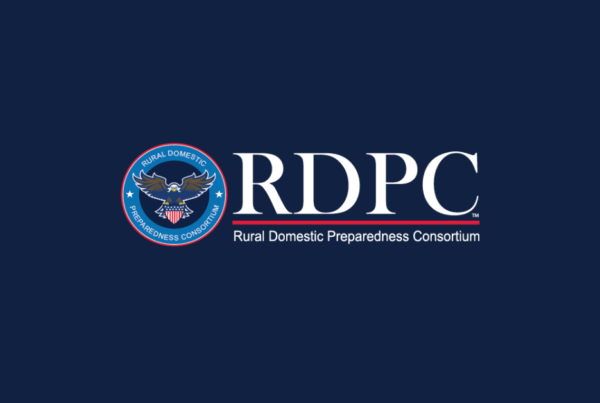 The Rural Domestic Preparedness Consortium (RDPC), led by The Center for Rural Development, is introducing an eight-hour, instructor-led U.S. Department of Homeland Security (DHS)-certified course on Planning and Intervention for Gangs, Hate and Terrorist Groups in Rural Jails and Prisons.
The Rural Domestic Preparedness Consortium (RDPC), led by The Center for Rural Development, is introducing an eight-hour, instructor-led U.S. Department of Homeland Security (DHS)-certified course on Planning and Intervention for Gangs, Hate and Terrorist Groups in Rural Jails and Prisons.
The management-level course focuses on rural correctional facilities as unique environments for threat group recruitment and radicalization. The course examines the processes by which recruitment and radicalization occur and proposes methods for strengthening the information gathering and sharing process.
Visit www.ruraltraining.org to learn more about MGT 401 Planning and Intervention for Gangs, Hate and Terrorist Groups in Rural Jails and Prisions and other courses offered by RDPC.
All training delivered by RDPC is certified by DHS and is offered tuition-free for a broad scope of stakeholders, including the traditional emergency response disciplines, and other emergency support functions as defined by the National Response Framework, as well as critical infrastructure owners and operators.
About RDPC
RDPC is a U.S. Department of Homeland Security (DHS) Federal Emergency Management Agency (FEMA) National Training and Education Division (NTED) partnership of academic institutions with a vision of creating an environment wherein rural communities across America will have the knowledge, skills and abilities necessary to enhance the safety, security and quality of life for their citizens.
Current members of the Consortium include Eastern Kentucky University, The University of Findlay, NorthWest Arkansas Community College, North Carolina Central University, and the University of California-Davis. Each of these institutions possesses extensive and unique capabilities relating to rural homeland security preparedness training.
The Center for Rural Development, located in Somerset, Ky., is the executive agent for the RDPC. As executive agent, The Center provides grant administration and general oversight of the consortium. Additionally, The Center is responsible for marketing, website hosting and administration, delivery coordination, data collection and reporting, and additional technologies including a large network of interactive television (ITV), videoconferencing, and learning management systems necessary to manage large student populations and deliver courses to rural responders across the nation.




